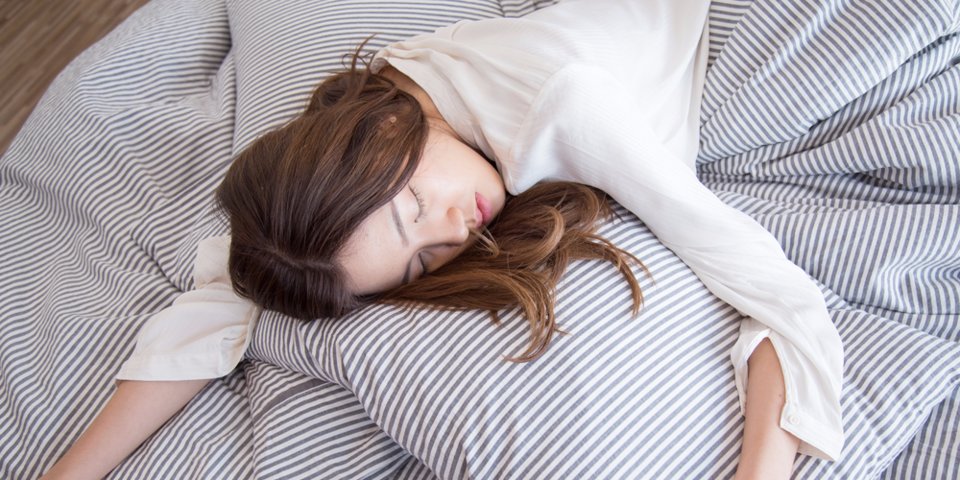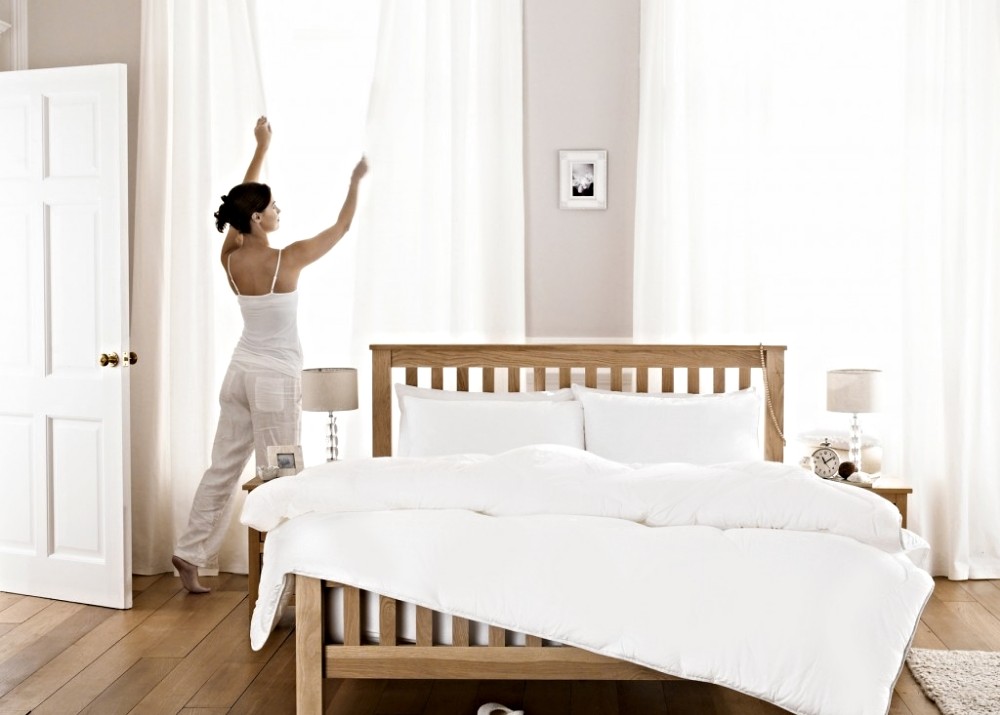Whenever you are awake at 3 in the morning, falling asleep might appear like an impossible task. However, you have more control for a good sleep. Following healthy sleep habits can make the difference between restful slumber and restlessness. According to researchers, they’ve recognized a variety of habits and practices that can help every person maximize the amount of time they sleep, even those whose sleep is affected by shift work, jet lag, or insomnia. These practices are known as “sleep hygiene.”
It might sound uncreative. However, it might be the ideal method to get the sleep you require. Here are several tips on how to improve your sleep.
Avoid Chemicals that Interfere with Sleep
Caffeine is a stimulant that can keep a person awake, as any coffee lover knows. Thus, avoid caffeine for 4 up to 6 hours before you sleep. Caffeine can usually be found in several pain relievers, cola, chocolate, tea, and coffee. In addition to that, smokers should not smoke several hours before they sleep.
While alcohol might help bring on sleep, it will acts as a stimulant after several hours. This improves the number of awakenings. In general, it will lower the quality of sleep that you will have. Thus, it’s ideal to limit alcohol consumption to 1 up to 2 drinks a day, or less. You should also not drink within 3 hours of bedtime. It could be advised to try medical marijuana as a substitute for the alcohol.
Go To Sleep Whenever You Are Really Tired

You will only be frustrated if you are struggling to fall asleep. Thus, you should get out of bed, go to another area, and do something relaxing if you aren’t asleep after 20 minutes. You can listen to music or read a book until you’re tired enough to sleep.
Build a Soothing Pre-Sleep Routine
Before bed, do a period of relaxing activities to ease the transition from wake time to sleep time. You can practice relaxation exercises, watch TV, read a book, take a bath, and much more. You should not do any stimulating and stressful activities such as discussing emotional problems or doing work. Psychologically and physically stressful activities can cause your body to release cortisol (stress hormone). This is associated with increasing alertness. You can try writing your problems down if you tend to take them to bed.
Transform Your Bedroom into a Sleep-Friendly Environment

A cool, dark, and quiet environment can help encourage good sleep. You can lower the volume of outside noise with a “white noise” appliance or earplugs to achieve such an environment. Utilize an eye mask, blackout shades, or heavy curtains to block light. Blocking the light will enable the brain to tell your body that it is time to sleep. Keep the room well ventilated and keep the temperature comfortably cool. In addition to that, you have to ensure your bedroom has comfortable pillows and mattress. Misterback.com have been comparing memory foam mattresses for several years and buying one could easily make your bed feel more inviting.
Furthermore, you might want to consider keeping your pet out of your bedroom if it wakes you during the night regularly.
Don’t Look At The Clock
You can actually increase stress if you stare at a clock in your bedroom, either when you wake up in the middle of the night or whenever you’re trying to fall asleep. This will make it harder for you to fall asleep. Turn the face of the clock away from you.
Also, you should get up and engage in a restful and quiet activity such as listening to music or reading if you wake up in the middle of the night and cannot get back to sleep in around 30 minutes. Also, you should not turn on bright lights, only keep it dim. Return to bed whenever your eyelids are dropping and you’re ready to sleep.